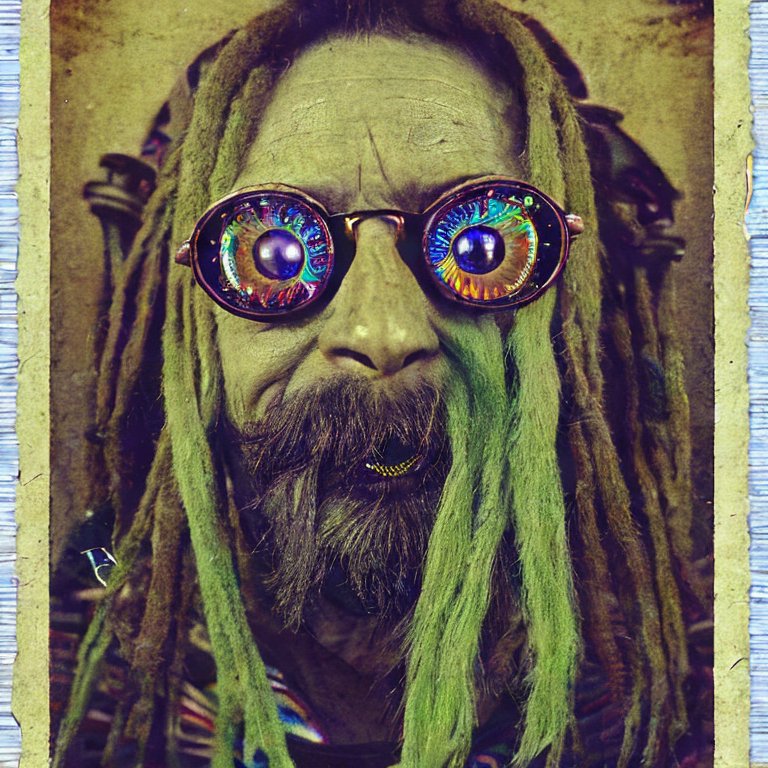Relevant XKCD https://xkcd.com/657/ and the reason I watched Primer in the first place. After dozens of watches I think that perhaps it’s possible the graph is relatively correct (maybe)
deleted by creator
Disco Elysium
The whole setting is so grim and depressing I couldn’t get myself to finish it. Excellent game though.
Cuno hurt your feelings too, huh? I had to find health and recover after I spoke to him.
That fucking little rat, played this game so long ago but still remember his voice.
What Remains of Edith Finch. Is that a ‘small’ enough game? Affected me deeply, tho.
This was such a good interactive story. Took me less than a day to go through it, but there are some sections I will never forget. The bathtub and the fish plant created some crazy emotions, I was happy to piece together what was happening, but then I had to see it through without any way to avoid the inevitable.
(Trying to stay ambiguous for anyone who wants to check out it. You totally should!)
Jeez the fish plant hit hard. As it would for many gamers.
This game singlehandedly destroyed my negative perspective on walking simulators. Legit must-play for everyone. Lewis’ scene still makes me tear up.
I absolutely agree.
Maybe. I consider Greedfall as indie game as not really known. I love it. So, maybe, yes. the “small” is little bit too much… 😅
Hollow Knight! Got me into indie games.
Hollow Knight was just so much well-curated content for the price. I got it on sale for $7.50, and after I played through it, I had to go buy it again at the full $15 because I felt like I’d ripped Team Cherry off.
$5 here! indie games have such great value.
Silksong is likely getting announced at Gamescon this week!
Let’s hope so!
<2 days
Disco Elysium
Love the Cube series, knew it was low budget, but not ‘that’ low!
I’m sure the others had a bigger budget, but yeah, the first one was hardly anything.
Of course they only needed to build one room, part of another, and then just change the lighting over and over.
I disliked the second one specifically because they gave it a decent budget. The original is genius for how it does so much with so little.
The third is an oddball. Made-for-TV budget and quality. It’s interesting for fans of the series, but nothing special.
Cube > Saw. First time I watched Saw the only thing I could think of is “This is Cube with a different aesthetic and a creepy puppet.”
.
Indeed. Let me add some more to the list:
Black Bear (2020) slow burn twisted story, Aubrey Plaza knocks it out of the park with her performance.
The Neon Demon (2016) even more twisted and not for the faint of heart. Visually stunning.
The Substance (2024) calling this one twisted would be an understatement. I feel like this is pushing the definition of an indie movie because it’s got blockbuster production values.
The Zero Theorem (2013) and Pi (1998) kind of hitting the same notes of crazy. The former especially worth watching because of Christoph Walz.
Titane (2021) it’s been a while that I watched it but it definitely left an impression. Also not an easy watch.
Swallow (2020) is about a girl developing a disturbingly unhealthy coping mechanism.
The Outrun (2024) hit way too close to home for me. Beautiful and sad movie. Shoutout to Saoirse Ronan.
Splice (2009) this one gets WEIRD oh boy lol
Adam’s Apples (2005) classic danish dark humor also Mads Mikkelsen!
Garden State (2004) awkward Zach Braff humor that feels very personal.
And if you feel like permanently traumatizing yourself then I can recommend Irréversible (2002) and any other Gaspar Noé movie.
.
We watched The lobster for a family movie night, they never let me pick the movie again 😅. I enjoyed it, watched it twice.
I’ll second Swiss Army Man. Very weird, very enjoyable.
Journey!
The game that somehow managed to make random online co-op not toxic
Also you just got me to realise that Sword of the Sea is actually out literally today
My partner played Journey after I played it all the way through with my first matched partner and cried a lot.
My partner was matched with two deserters and a speedrunner. Then their last person quit near the end. They left the game frustrated and hated it.
I was very sad.
Aww that sucks, what an unfortunate experience
I actually only first played it in 2020. I had missed it when it first came out, and then a museum near me happened to have a big exhibit about it. I jumped in and out with several different people throughout the trip, but I hadn’t been expecting a partner, just cooperation when we were near each other. I did have someone to stick with for the very last part, at least
Ooooo at least ya had a partner for the strongest bit!
This should probably be spoiler’d…
I was sooo lucky. I met my inagame partner pretty much as soon as you can meet a partner, and he was a straight-up Sherpa. I didn’t know it at the time, but he has special robes for, like, having all of the achievements? He let me bumble around and whenever it felt like I got stuck, he would chirp at me and guide me to where I needed to go next. I had to use the restroom at one point, so a made a circle, chirped twice, he chirped once, and I left for ten minutes… he was siting right there when I came back. He chirped with glee when I started moving again. He was with me all the way to the end. When the credits finished and it showed me his Steam name, I was OVERJOYED. I added him and waited… waited… boom, he accepted. We struck up a chat for a bit, and he sent me a ton of screenshots he took of our adventure. They looked like professional photos. I think he might have been using some external tool, but I’m not complaining. It was an unforgettable experience and I cried, and I never cry. 10/10
I just played about an hour and it’s so beautiful!
Primer. Like $12k budget, mostly cost of film.
Think it’s time for a rewatch thanks for the reminder
Games:
- To the Moon
- Gris
- Brothers: A Tale of Two Sons
- This War of Mine
- Inked: A Tale of Love
- Papers, Please
Movies (this list I had to think about for a while…):
- 50/50 (2011)
- Amour (2012)
- The Station Agent (2003)
- Columbus (2017)
- The Diving Bell and the Butterfly (2007)
Books:
- The Bookshop
- The Lives of Others
Edit: spelling
gris froze for me at the bird fight, uninstalled because the game was unplayable
Diving bell+butterfly was so fucking good
Most indie games will end up better than pretty much every AAA title. The best games I’ve played in the last decade were either indie or AA.
Roboquest, Pathfinder WotR, Dyson Sphere Program, Outer Wilds, Balatro, Helldivers 2, Deep Rock Galactic, Rogue Trader, Darktide, Abiotic Factor, Rimworld, Stellaris, DV Rings of Saturn, Hardspace Shipbreaker, Voices of the Void, Expedition 33, Blue Prince, Tiny Glade, Witchfire, Instruments of Destruction, Heart of the Machine, Tainted Grail Fall of Avalon, A Webbing Journey, Planet Crafter, Kenshi, X4, Ultrakill, Schedule 1, the list goes on.
All amazing games, none of them AAA.
Thomas was alone. Never have I had such strong feelings for a bunch squares and rectangles
Totally agree. Such awesome writing!
TUNIC
It’s a good game in general, butspoiler
If you, as a kid, had to decipher an older sibling’s notes in game manual, it hits that nostalgia right on the nose. And then turns it on its head.
Man from Earth.
Coherence.
Unpacking (game)












